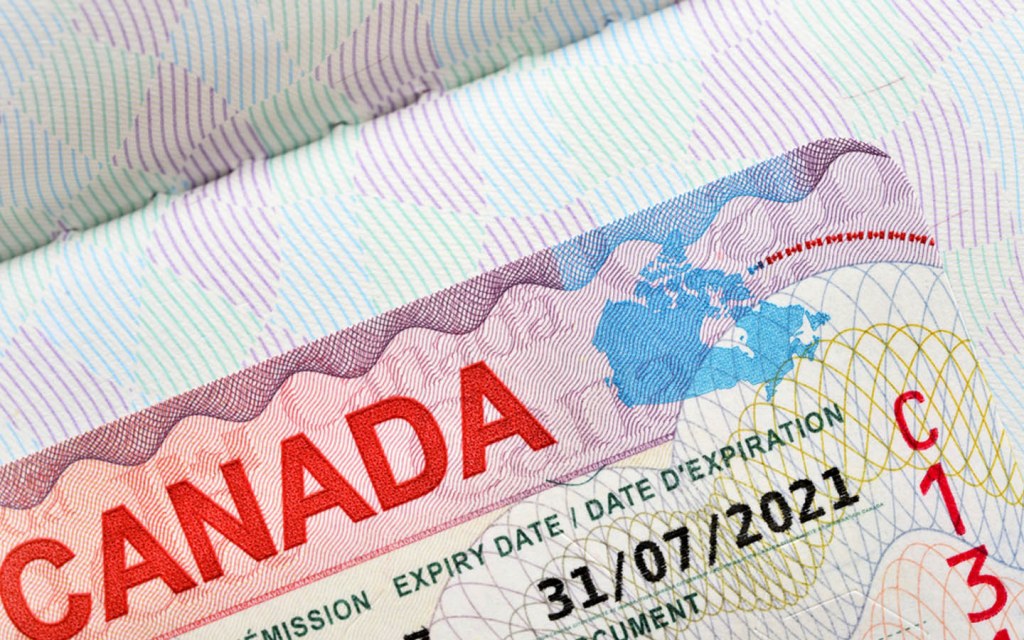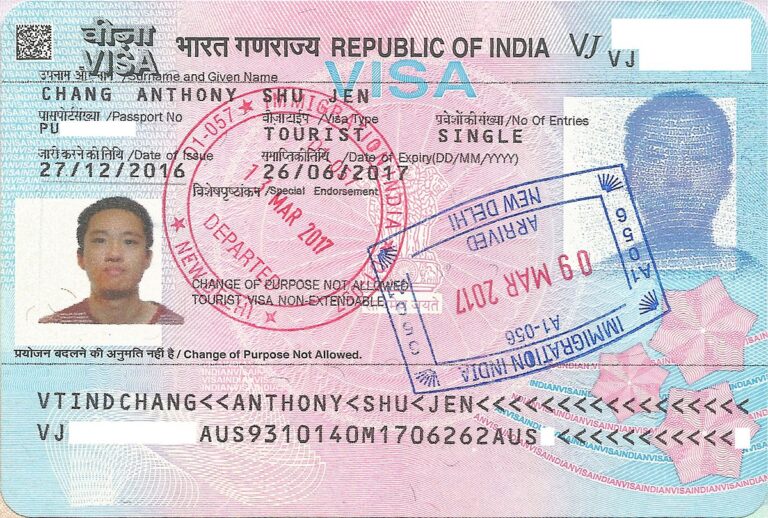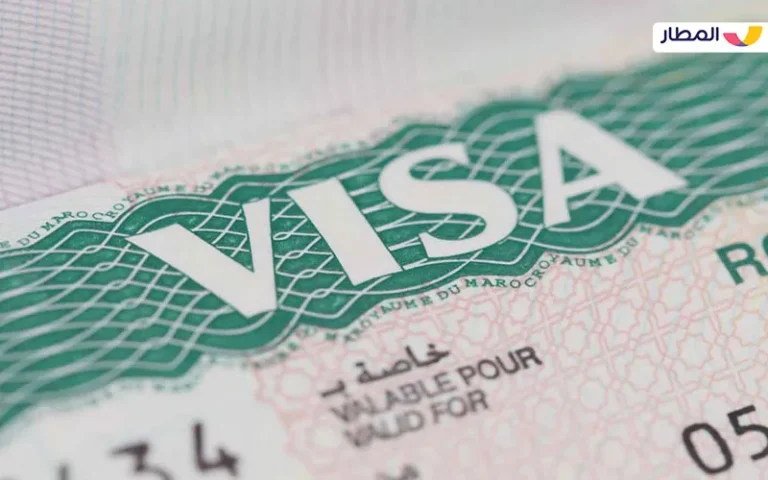Requirements For Canada Visa For Liechtenstein and Luxembourg Citizens
If you are a Liechtenstein or Luxembourg citizen planning to travel to Canada, you will need to meet the requirements for a visa. This will vary depending on your nationality and reason for travel.
You will need to apply for a Canada visa for Liechtenstein citizens at the Embassy or Consulate in your country of residence. Your passport should be valid for at least three months beyond your intended date of departure from the Schengen area.
Schengen area
The Schengen area is a region of Europe that includes 27 countries, 22 of which are members of the European Union (EU). It also includes Switzerland and Lichtenstein.
The EU has negotiated with most of the countries in the area and has agreed to allow their citizens to move freely from one country to another without the need for visas or other immigration documents. This area, commonly known as the Schengen zone, is referred to by some as the “European passport.”
In 1985, Belgium, France, Luxembourg, West Germany (later the Federal Republic of Germany), and the Netherlands signed an agreement in Schengen, Luxembourg, that would begin to abolish internal border controls. This agreement is now part of the governing law of the European Union (EU).
A Schengen visa permits you to enter the Schengen zone and travel freely within its member states for up to 90 days in any 180-day period. The visa is granted to you on the basis of your nationality and your purpose of visit, such as tourism, business, visiting family, medical treatment, studies, training placements or volunteer activities that last less than three months, etc.
If you plan to stay longer than the permitted 90 days, you will need to apply for a valid visa before your trip. The Canada visa for Luxembourg citizens requires that you have a valid passport that is valid for at least three months beyond your proposed arrival date in the Schengen zone.
You can also obtain a special permit from the local authorities for frequent cross-border travel in certain situations. These are called border traffic permits and can be obtained in the form of a sticker or card. These permits are regulated by EU regulations and are intended to help protect residents from abuses that would otherwise be prohibited by the border rules in other Schengen countries.
The Schengen area is a very popular travel destination for tourists, but there are some restrictions that you should keep in mind before deciding to make the trip. In particular, you should understand that your passport must have an expiration date that is no sooner than five months from your planned departure date for the area. This is to ensure that you can enter the area and return to your home country with a valid visa when the time comes.
Residence permit
If you want to live in Liechtenstein or Luxembourg, you’ll need a residence permit. This allows you to live in the country for up to five years, depending on the conditions you meet to get one.
You can apply for a residence permit through the embassy or consulate of Liechtenstein in your home country. There are also certain government programs that allow foreign investors to obtain a residence permit faster.
To qualify for a fast-track residency permit, you must invest in the country and pay taxes at a reduced rate. This can be done through investing in a company or by setting up a business in the country.
The process of obtaining a residence permit is a complex one and depends on your personal circumstances. However, it can be a useful tool for making your move to a new country easier.
Alternatively, you may be able to get a residence permit through your employer. This can be especially useful for people who don’t have a work permit and need to find employment in the country.
In many cases, the visa and residence permit are merged into one document called an Autorisation de sejour. This is the most common option for third-country nationals looking to live and work in Luxembourg.
You should always check the rules for each type of permit you’re applying for before submitting your application. If you don’t, your application could be rejected.
Another option is to apply for a temporary resident permit (TRP). This document allows you to stay in Canada if your application for permanent residency has been refused.
TRPs must be renewed periodically. The document is sent to you by mail and becomes part of your passport.
Besides this, you can renew your TRP by making an appointment with the Canadian Embassy or Consulate in your home country. This appointment must be made at least 6 months before the expiry date of your current TRP.
If you’re a Canadian citizen and need to extend your TRP, read the guide first. It explains what you must do and provides instructions and forms to complete your application.
Citizenship
The Republic of Liechtenstein is a principality in Europe. It is bordered by Switzerland to the west and south, and Austria to the east and north. It is one of the world’s smallest independent nations, with an area of just over 160 square kilometres (62 sq. miles).
It has a population of about 38,749 and an estimated gross domestic product per capita of US$3.5 billion in September 2019. Its economy is based on the financial services industry, especially centered in Vaduz.
Although Liechtenstein is not a member of the European Union, it has a customs union with Switzerland and a monetary union with Eurozone countries. It is also a part of the Schengen Area and participates in the European Economic Area.
Citizens of Liechtenstein have the right to live and work in any other EU country without a visa. They can even live and work in countries that are not members of the EU, such as Canada and Japan, if they have a valid passport from an EU member state.
As a result, a passport from Liechtenstein is often seen as an attractive way for people to travel abroad because they can obtain a visa on arrival in most destinations. The passport has the fourth highest mobility score amongst all passports, allowing it to be used for almost instant travel to 190 countries worldwide.
In addition, a Liechtenstein citizen can acquire EU citizenship by descent as long as they meet certain requirements. These include having a parent who is either a citizen of an EU country or has lived in an EU country for 5 years before their 18th birthday, and having never been handed an immediate custodial sentence of 12 months or more or a suspended custodial sentence of 24 months or more.
If you are a Liechtenstein citizen and want to travel to Canada, there are a few things that you should know. First, you should apply for a visitor visa. This visa allows you to stay in Canada for up to 6 months.
Second, you should be aware of the visa-exempt list. This list includes citizens of many countries, including most of the European Union.
Immigration
Liechtenstein is a tiny landlocked German-speaking principality in Central Europe, which shares borders with Switzerland to the west and south, and Austria to the east. It is mainly mountainous, making it an attractive winter sports destination.
As an EEA country, Liechtenstein does not require a visa for entry into the Schengen Area. However, starting in 2022, the ETIAS (European Travel Information and Authorization System) vetting system will be applied to travellers from non-Schengen countries.
For example, Canadians who want to visit family members in Liechtenstein must apply for a Canada visa before leaving their home country. This can be done online, or by completing an application form and paying the appropriate fee.
If you are a Canadian citizen, your passport must be valid for the period of your intended stay in Canada and have at least two blank Visa pages. This is to avoid issues with re-entry into your country of origin, and it is also required by some other countries, such as Japan, Ireland and the United Kingdom.
In addition to a valid passport, you should also have a valid travel and medical insurance cover of up to EUR30,000 during your trip. This is important because you should always have enough money for your journey and to cover unexpected expenses in case of emergency or illness.
You should also carry a valid study or work permit. This is to prove that you are legally permitted to study or work in Canada.
For visitors, you will need a passport that has at least 6 months’ validity after your departure date from the Schengen Area. It should also have blank Visa pages, and be free from any endorsements that may affect your visa.
If you hold a diplomatic or service passport, you have additional visa-free access to some destinations outside the Schengen Area. You will need to check with your embassy or consulate before you leave your country of residence for more details.
Luxembourg citizens do not need a visa to enter Liechtenstein as tourists, but you will need one if you are planning on working or studying there. If you do need a visa, it can take up to a year to process. It is recommended that you send your original passport with your application to avoid delays and possible denial of your request.






